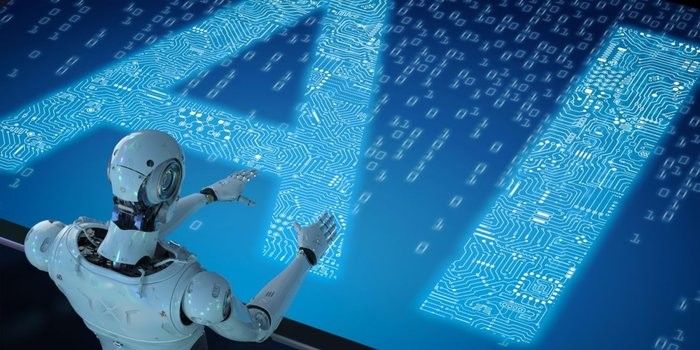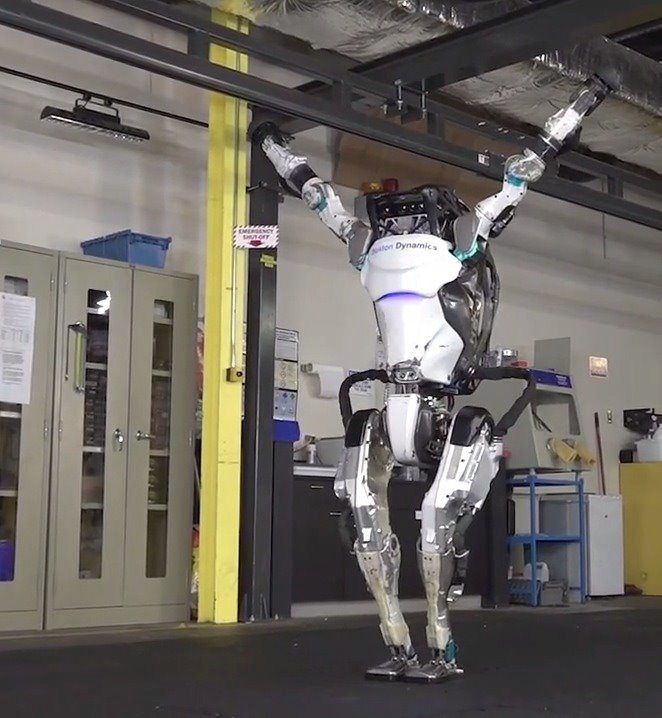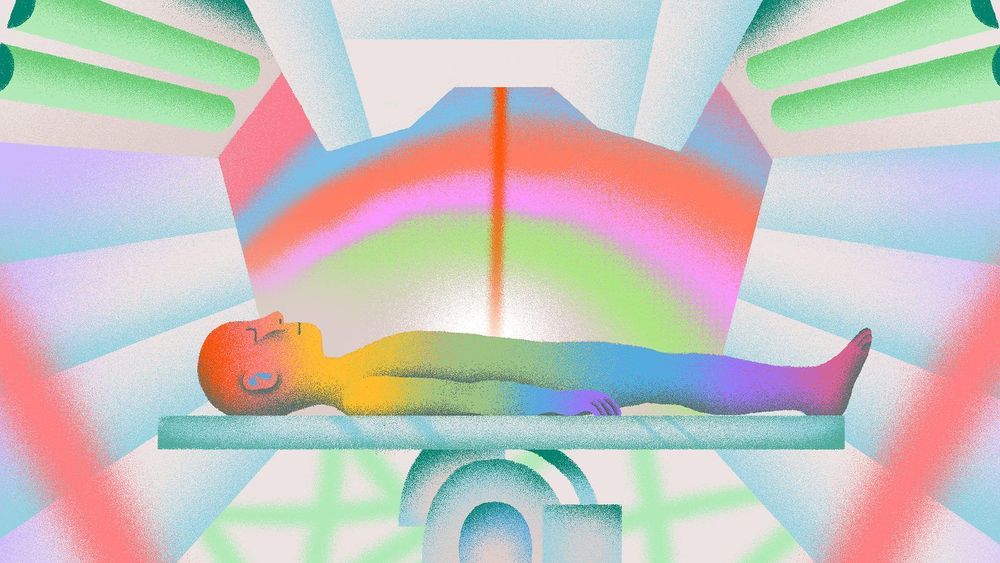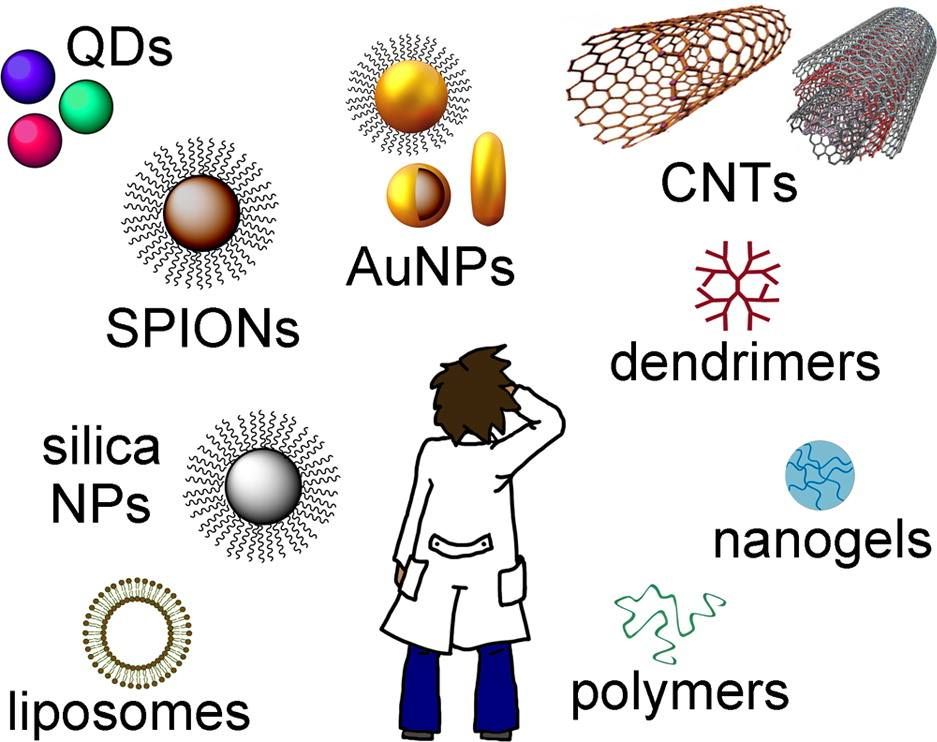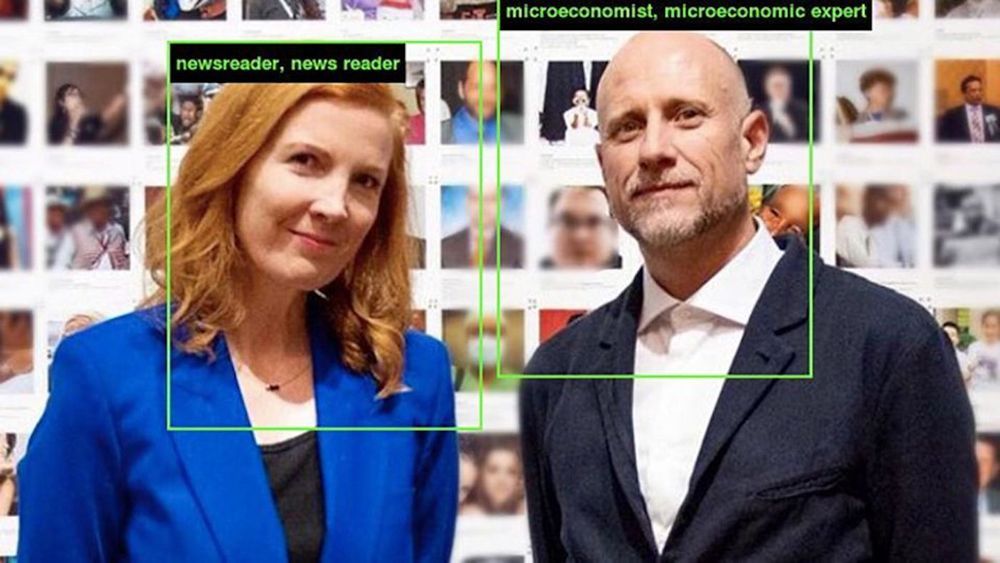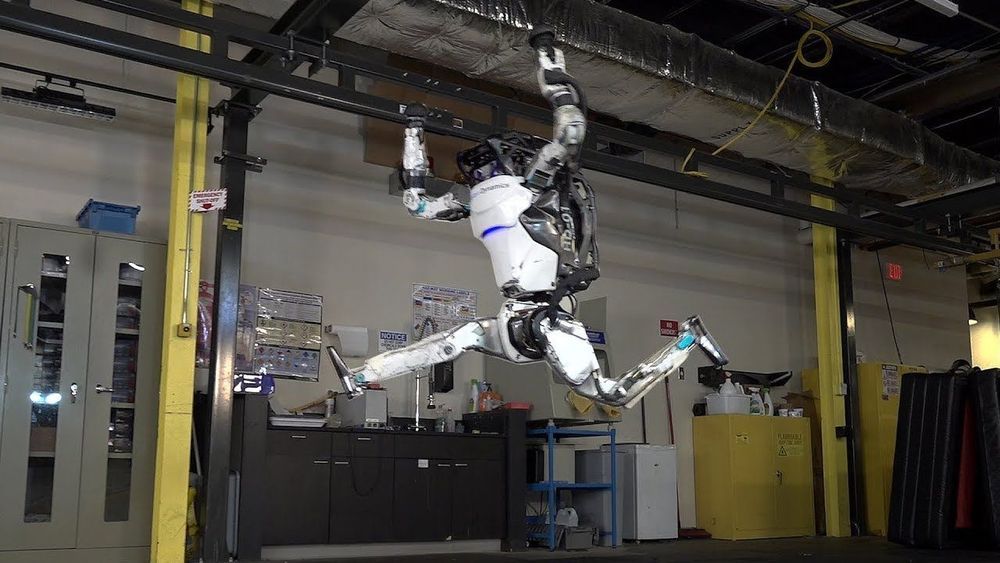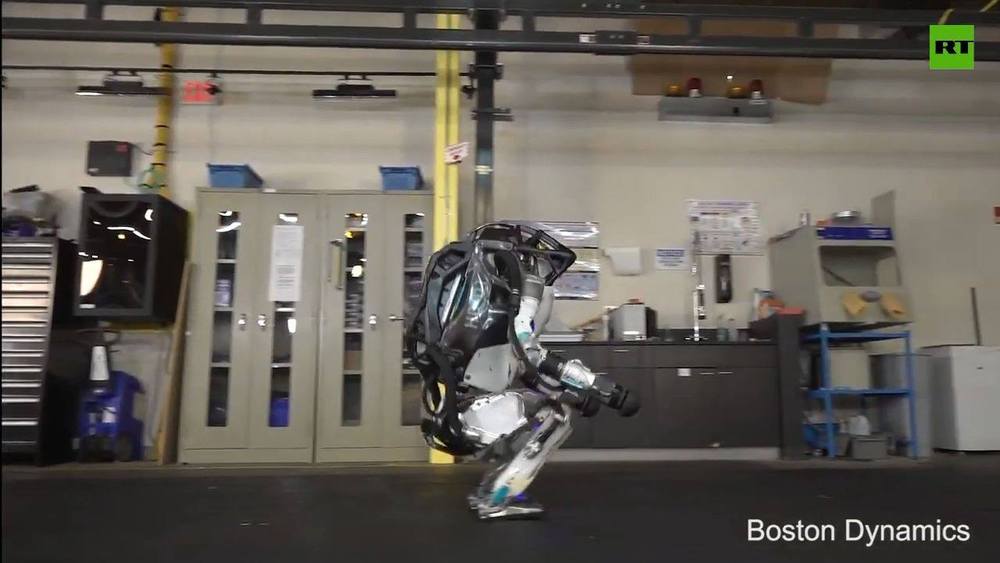Using genetic sequencing, University of California San Diego School of Medicine researchers have identified a principal cellular player controlling HIV reproduction in immune cells which, when turned off or deleted, eliminates dormant HIV reservoirs.
“This is one of the key switches that the HIV field has been searching for three decades to find,” said Tariq Rana, PhD, professor of pediatrics and genetics at UC San Diego School of Medicine. “The most exciting part of this discovery has not been seen before. By genetically modifying a long noncoding RNA, we prevent HIV recurrence in T cells and microglia upon cessation of antiretroviral treatment, suggesting that we have a potential therapeutic target to eradicate HIV and AIDS.”
HIV spreads through certain bodily fluid attacking the immune system and preventing the body from fighting off infections. If left untreated, the virus leads to the disease AIDS.

